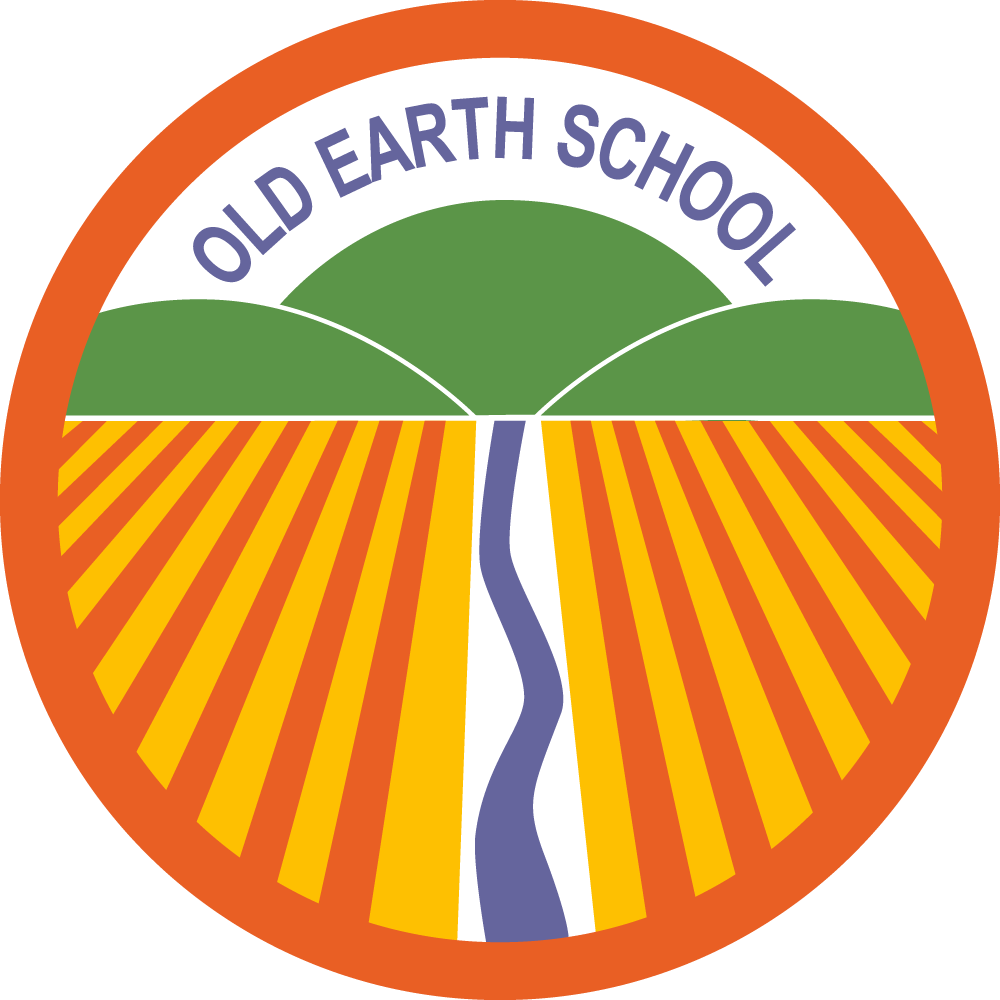English
At Old Earth School we are passionate about ensuring all children become confident, independent and enthusiastic readers and writers. We aim for all our children to develop a genuine love of reading and writing by using quality texts and topics which inspire and excite them. We deliver an inspiring and engaging English curriculum through high quality teaching and exciting lessons.
English in the cornerstone of the entire curriculum, embedded in all lessons. Cross-curricular links are made across the curriculum to ensure that children’s English learning is relevant and meaningful, and that they can apply their skills across all subjects and areas of learning.
Our aim is that when the children leave us, they are avid readers who read fluently and widely, and can express opinions about what they read. We want the children to have had access to a wide range of authors, genres and text types during their time with us and feel confident to further develop their reading skills in later life.
We want to produce children who write with confidence and accuracy for different purposes and audiences, and create writing that is well detailed and structured, engaging to the reader and contains all necessary grammatical, punctuation and spelling features.
-
• English is the cornerstone of the Old Earth Curriculum. It is taught in discrete, daily lessons, in all classes at appropriate age and ability levels, and also by using cross curricular learning opportunities to enhance their experiences.
• The school implements a book-based English focus where English learning is predominantly based around a story or book. This enables children to listen to and read different texts throughout the year and develop their love of reading and writing.
• Huge emphasis is placed on Early Reading and Phonics in the F.S. and KS1 to support the reading and writing aspects of the curriculum and continued into KS2 if needed.
• Little Wandle Letters and Sounds is used as our school Phonics programme and is used throughout Reception and Key Stage 1. All classes follow the newly implemented programme and stages of progression. Little Wandle rapid catch up continues our phonics learning for those who require it in Key Stage 2.
- At our school we have recently started to use Accelerated Reader as our individual reading programme. Children read specifically levelled books depending on their reading ability. They are quizzed regularly to check their understanding.
• Reading for pleasure takes place across all year groups including whole class stories, child-led independent reading opportunities and topic-based learning. Most children take home a reading for pleasure book each week and are encouraged to share this with parents/carers at home.
• Talk Through Stories is used in Reception and Key Stage 1 to develop story discussion and vocabulary knowledge. There is a wide range of books in school to interest and excite the children.
- Our children take part in whole class reading sessions with the specific aims of developing fluency and comprehension of different texts.
• Excellent cross-curricular links are made with every subject in all year groups within school such as Ancient Egyptians/Victorians/Tudors in Year 5 and World War 2 in Year 4. The children’s English learning is enhanced through the use of these exciting opportunities to write and read whilst focusing of a range of interesting topics.
• Handwriting is taught throughout school and is given great importance in Old Earth, being celebrated at each stage of their progression. Children move from letter formation, to joining their writing as they progress through school.
-We follow the PurpleMash spelling scheme throughout school with daily spelling lessons and learning activities.
• NTS reading and Spelling, Punctuation and Grammar assessments are used throughout Key Stage 1 and 2 .
• Independent Writing Books are used throughout school to record and demonstrate the children’s progression and development in writing. These include a wide range of text genres and are then assessed against the writing objectives.


